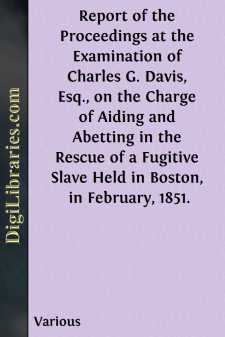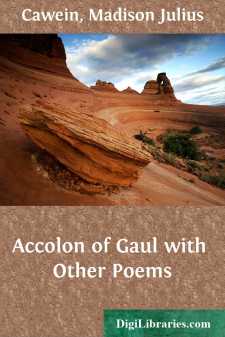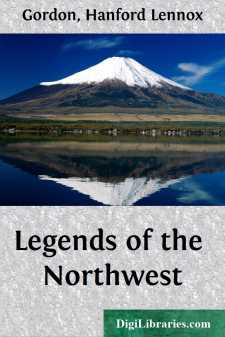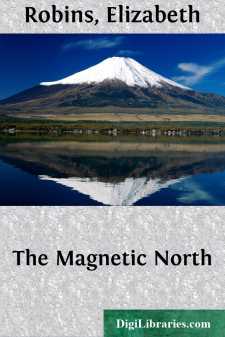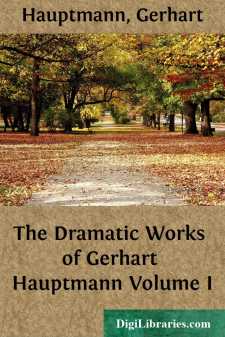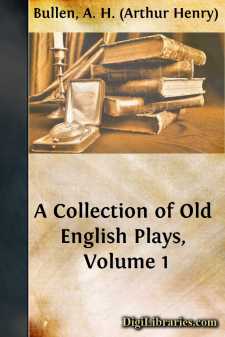Fiction
- Action & Adventure 180
- Biographical 15
- Christian 59
- Classics
- Coming of Age 5
- Contemporary Women 3
- Erotica 8
- Espionage/Intrigue 12
- Fairy Tales, Folklore & Mythology 236
- Family Life 169
- Fantasy 117
- Gay 1
- General 596
- Ghost 32
- Historical 808
- Horror 43
- Humorous 160
- Jewish 25
- Legal 4
- Medical 22
- Mystery & Detective 315
- Political 49
- Psychological 41
- Religious 64
- Romance 159
- Sagas 11
- Science Fiction 730
- Sea Stories 113
- Short Stories (single author) 537
- Sports 10
- Suspense 1
- Technological 8
- Thrillers 2
- Urban Life 31
- Visionary & Metaphysical 1
- War & Military 173
- Westerns 199
Classics Books
Sort by:
by:
Various
REPORT. On the 13th of February, A.D. 1851, one John Caphart, of Norfolk, Va., came to Boston, in pursuit of one Shadrach, alleged to be a fugitive slave and the property of John Debree, a purser in the navy, and attended by Seth J. Thomas, Esq., as counsel, made his complaint, as agent and attorney of the said owner, before George T. Curtis, Esq., U. S. Commissioner. On the evening of the 14th, the...
more...
PRELUDE. WHY, dreams from dreams in dreams remembered! naught Save this, alas! that once it seemed I thought I wandered dim with someone, but I knew Not who; most beautiful and good and true, Yet sad through suffering; with curl-crowned brow, Soft eyes and voice; so white she haunts me now:— And when, and where?—At night in dreamland. She Led me athwart a flower-showered lea Where trammeled...
more...
by:
Anonymous
Extract No. 1 May 5th.—Left Bristol Pa., at eight o'clock, in the Steamboat Trenton, for New York. About ninety passengers were on the way-bill, not one of which I knew. Amongst our number was the celebrated Miss Clara Fisher—famed for her aptitude in personating variety of character, having wonderful powers of mimicry. She is certainly a very interesting girl, and attracted much attention;...
more...
PREFACE. I have for several years devoted many of my leisure hours to the study of the language, history, traditions, customs and superstitions of the Dakotas. These Indians are now commonly called the "Sioux"—a name given them by the early French traders and voyageurs. "Dakota" signifies alliance or confederation. Many separate bands, all having a common origin and speaking a common...
more...
by:
Elizabeth Robins
CHAPTER IWINTER CAMP ON THE YUKON"To labour and to be content with that a man hath is a sweet life; but he that findeth a treasure is above them both."вÐâEcclesiasticus. Of course they were bound for the Klondyke. Every creature in the North-west was bound for the Klondyke. Men from the South too, and men from the East, had left their ploughs and their pens, their factories, pulpits,...
more...
CHAPTER I All the materials used in the manufacture of clothing are called textiles and are made of either long or short fibers. These fibers can be made into a continuous thread. When two different sets of threads are interlaced, the resulting product is called cloth. The value of any fiber for textile purposes depends entirely upon the possession of such qualities as firmness, length, curl, softness,...
more...
THE HUNGRY CAMP The mountain countries of all the earth have always been wonder-lands. The oldest and best known of them are to this day full of things that nobody has found out. That is the reason why people are always exploring them, but they keep their secrets remarkably well, particularly the great secret of how they happened to get there in that shape. The great western mountain country of the...
more...
INTRODUCTION I Gerhart Hauptmann, the most distinguished of modern German dramatists, was born in the Silesian village of Obersalzbrunn on November 15, 1862. By descent he springs immediately from the common people of his native province to whose life he has so often given the graveness of tragedy and the permanence of literature. His grandfather, Ehrenfried, felt in his own person the bitter fate of...
more...
by:
Clara Bell
"PIETRO GIUSTINIANI, merchant, of Venice." This was the signature affixed to his receipt by the little antiquary in the city of St. Mark, from whom I purchased a few stitched sheets of manuscript. What a name and title! As I remarked on the splendor of his ancestry he slapped his pocket, and exclaimed, half in pride and half in lamentation: "Yes, they had plenty of money; but what has...
more...
THE TRAGEDY OF NERO, Newly Written. Imprinted at London by Augustine Mathewes, and John Norton, for Thomas Jones, and are to bee sold at the blacke Raven in the Strand, 1624. The Tragedie of Nero. Actus Primus. Enter Petronius Arbyter, Antonius Honoratus. Petron. Tush, take the wenchI showed thee now, or else some other seeke.What? can your choler no way be allayedBut with Imperiall tytles?Will you...
more...


